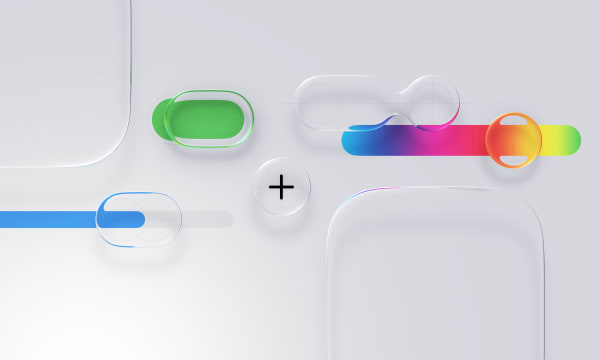Google introduced numerous developer tools and announced major updates to existing tools this year, focused on improving developer productivity, accelerating app creation, and enhancing application capabilities. A common thread across most of these innovations is the strategic integration of AI. Here are the most notable tools:
Android Studio becomes even more powerful with enhanced Gemini AI productivity tools designed to boost developer productivity at every stage of the development lifecycle. Key enhancements include creating unit tests via natural language, updating dependencies with AI agents, and improved refactoring capabilities. Additionally, developers can now test critical user journeys across various devices with minimal code.
Stitch is an experimental AI tool that generates app designs from prompts and images. Stitch is powered by Gemini 2.5 Pro's multimodal capabilities, and, following a "design first" approach, Stitch transforms these inputs into complex UI designs and corresponding code. Users can then copy the generated markup into an IDE or Figma for further refinement.
Jules is a new asynchronous coding agent capable of handling complex tasks in large codebases, and is now in public beta. Jules directly integrates with GitHub repositories and can execute tasks autonomously. Tasks that can traditionally take developers hours to perform, such as updating a project's older Node.js version, can be performed with Jules in minutes.
Firebase Studio allows users to create an entire app using just a single AI prompt, and can even generate code by simply importing a Figma design, helping turn visual designs directly into code. And in addition to generating web and mobile frontends, Firebase Studio can also help you build full stack apps including APIs, backends, and more.
Google AI Studio empowers developers to rapidly build applications using the Gemini API. It leverages the Gemini 2.5 Pro model and allows users to generate web applications simply by providing an AI prompt. The platform includes preset prompts, such as “Build a dynamic text adventure game using Gemini and Imagen,” and features a native code editor. It automatically generates code and can self-correct detected errors, and the build process is designed to be iterative, allowing users to enhance and modify the app with additional prompts.
More info here and here


